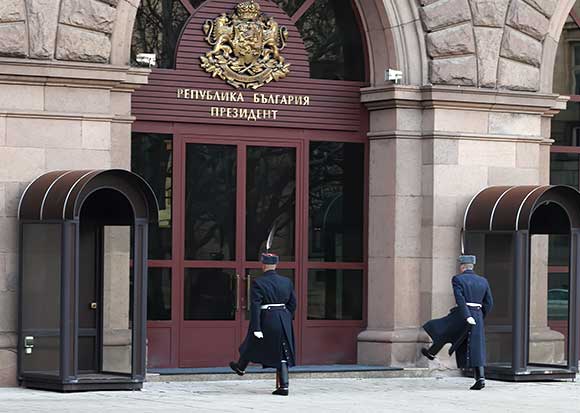The President of Bulgaria is the head of state and is elected directly by the people of Bulgaria in a general election held every five years. The President’s role in Bulgaria is to serve as the commander-in-chief of the armed forces and is responsible for representing Bulgaria on the international stage.
Nominating the Prime Minister
One of the president’s primary roles is to nominate the Prime Minister, who is then responsible for forming a government and leading the executive branch. The President also has the power to appoint and dismiss ministers, ambassadors, and other high-ranking officials, subject to the approval of the Parliament.
Power to Veto
The President also has the power to veto laws passed by the Parliament, although the Parliament can override the veto with a two-thirds majority vote. The President can also propose amendments to the Constitution, which must be approved by the Parliament and ratified by the people in a referendum.
Ceremonial Duties of the President
In addition to these powers, the President has ceremonial duties, such as receiving visiting dignitaries and representing Bulgaria at official events. The Presidential administration assists the president in carrying out these duties, managing the President’s schedule, and supporting the President’s activities.



